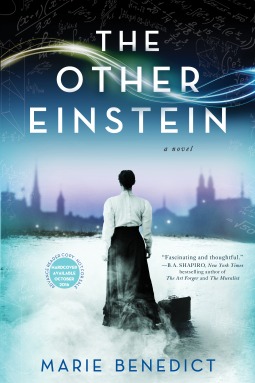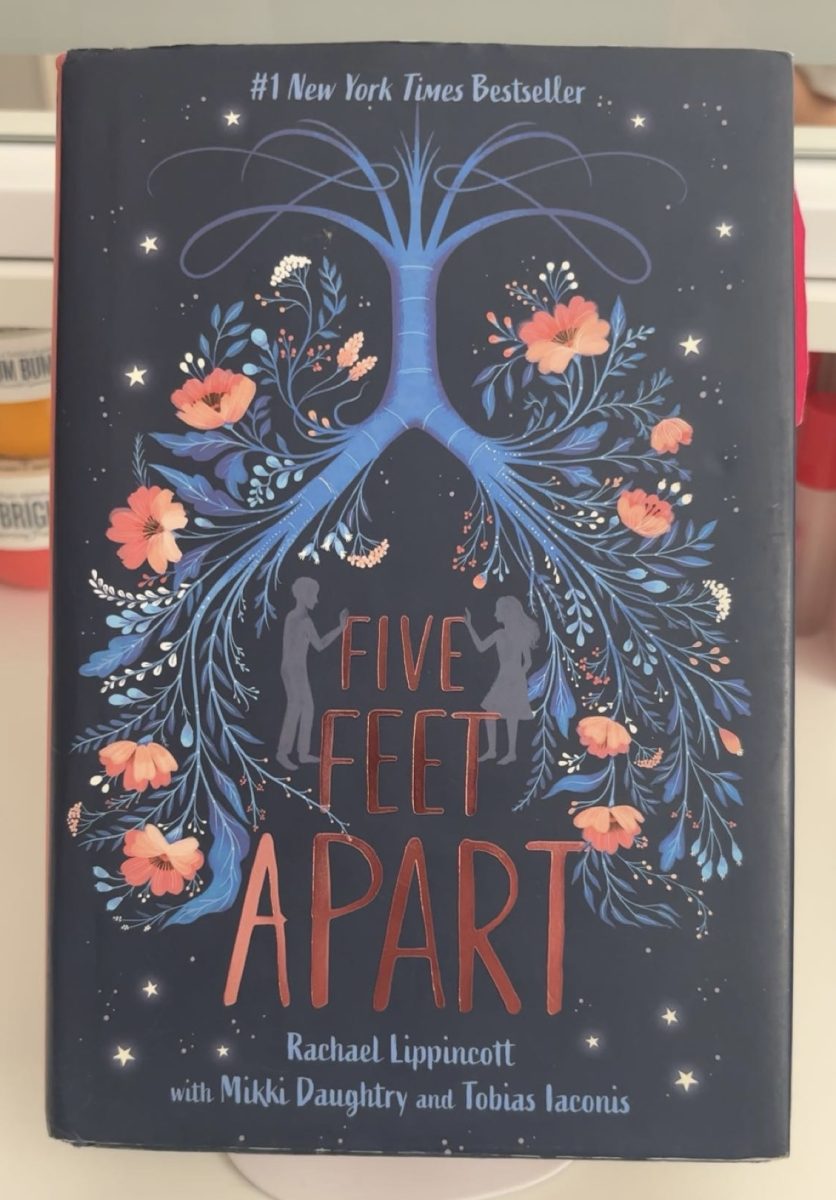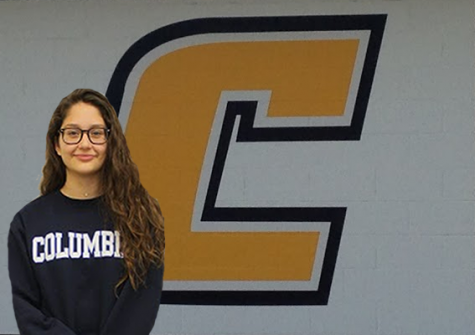Most if not all of the world is familiar with Albert Einstein, one of history’s most brilliant and accomplished scientists. Many agree his work turned traditional physics on its head. The stigma surrounding well-known scientists such as Isaac Newton and Stephen Hawking is what makes this fiction so daring.“The Other Einstein“, by Heather Benedict proves to be shocking and arguable to some readers.
The idea is so daunting, one would have to read the book before considering the possibility of Einstein being illegitimate. This includes Benedict’s interview at the end where she openly admits to knowing only the basic info on Einstein. She capitalizes on her goal to focus on the possibility of the other genius, stripped of her fame and glory.
Perhaps the most admirable reason behind, “The Other Einstein“, is Benedicts’ goal to open up a conversation. It makes for a difficult goal to tackle, an important one nontheless. Benedict paints a portrait for a time-period where it was difficult to be taken seriously as a woman. She characterizes how many were unfortunately limited by the thinking of that time. She offers us uniquely conjured insight into Mileva, “Mitza”, Marić’s hardships and how she faced them. Not only did her womanhood stand in the way, but her “dark” foreign features did too. Benedict shows us how she overcame these obstacles with grace and poise, amounting just up to when it seems Mileva has every card stacked against her.
As Albert Einstein’s first wife, and a Serbian astrophysicist, there has been great speculation whether she contributed either minimally or greatly on some of Einstein’s work. The ex-couple had class together at the Zurich Polytechnic School, a top university in Germany, where Mileva was only the second woman to successfully complete a course. Benedict largely drew her inspiration for writing the novel off of letters passed between the two physicists. The letters contained details on physics papers that both Mileva and Einstein worked on. There is also speculation she co-wrote his Nobel Prize winning piece, and had her name removed from it. While it’s unknown just how much Mileva contributed, Benedict does a great job at leaving the reader to speculate. In a time where not many women had university educations, the question Benedict raises, if someone like Mileva could compete and event take credit for Einstein’s work, is earth-shattering.
Overall, the novel sits well with lovers of historical-fiction and the curious readers alike.













